Juniper Bushes
Sorts and Filters
Collection Results


Taylor Juniper Tree
98 reviewsStarting at $77.95Up to 13% OFF

Gold Cone Juniper
Starting at $139.95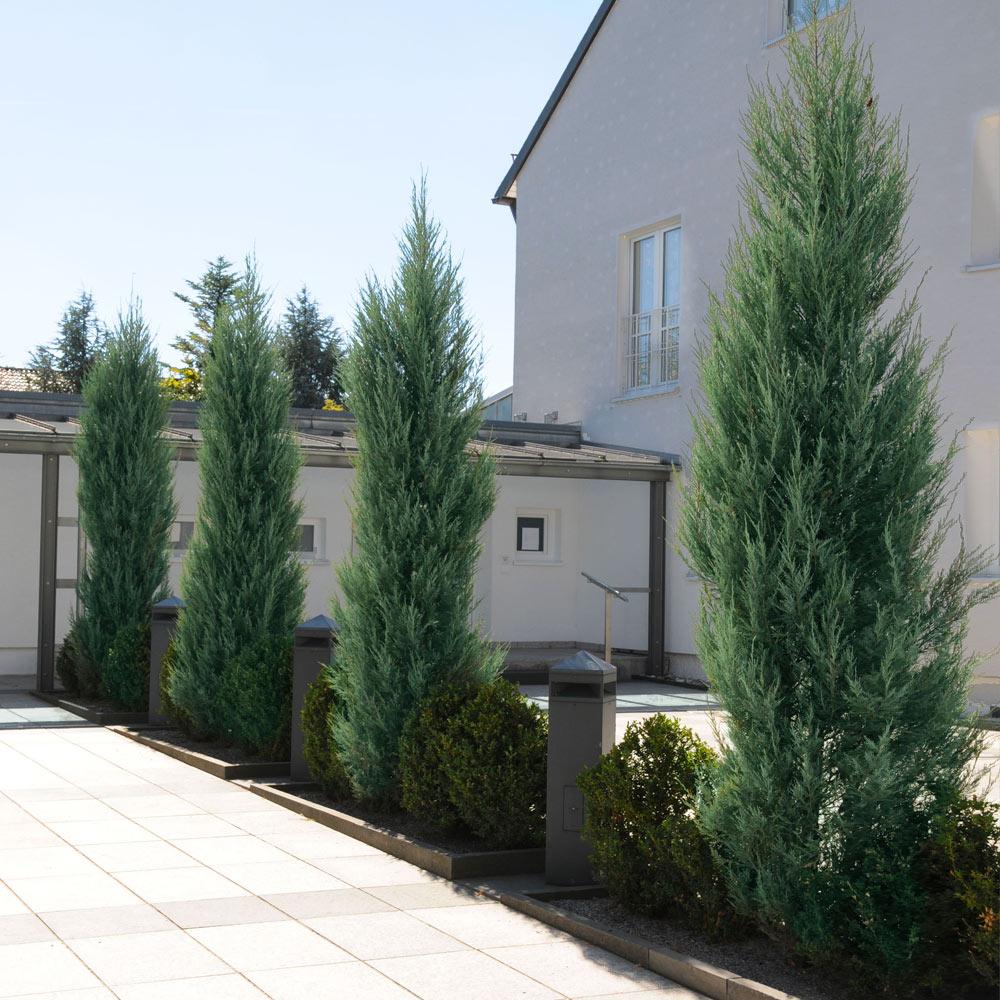
Skyrocket Juniper
72 reviewsStarting at $129.95Up to 7% OFF
Spartan Juniper
110 reviewsStarting at $77.95Up to 13% OFF
Blue Rug Juniper
15 reviewsStarting at $48.95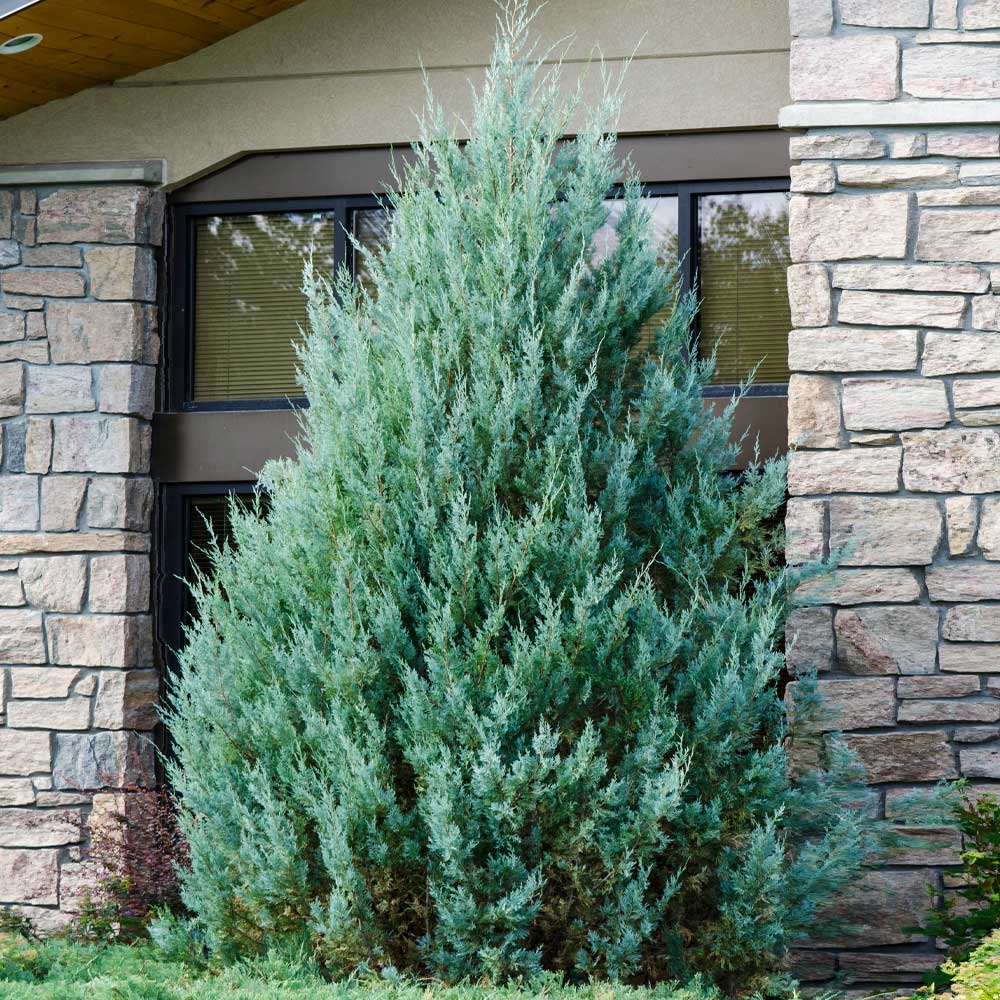
Juniper 'Wichita Blue' Tree
66 reviewsStarting at $119.95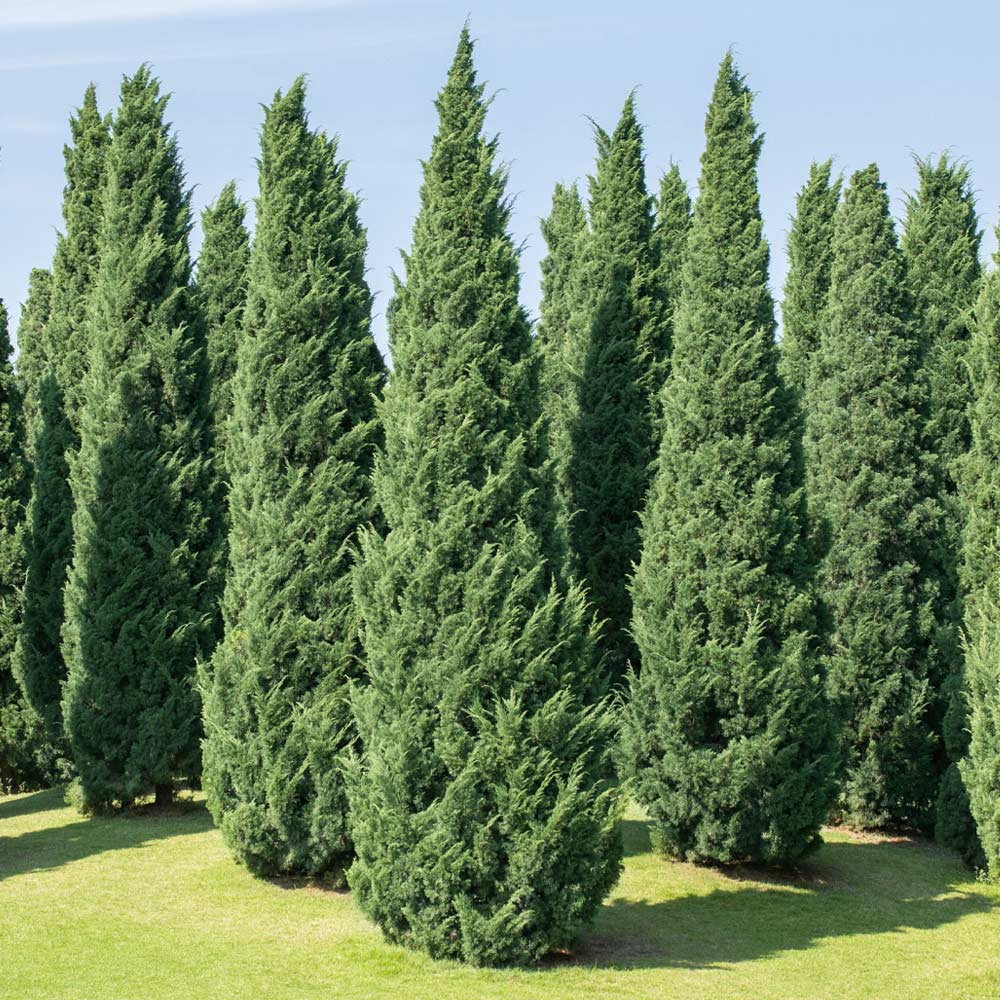
Moonglow Juniper
64 reviewsStarting at $55.95Buy 1, Get 1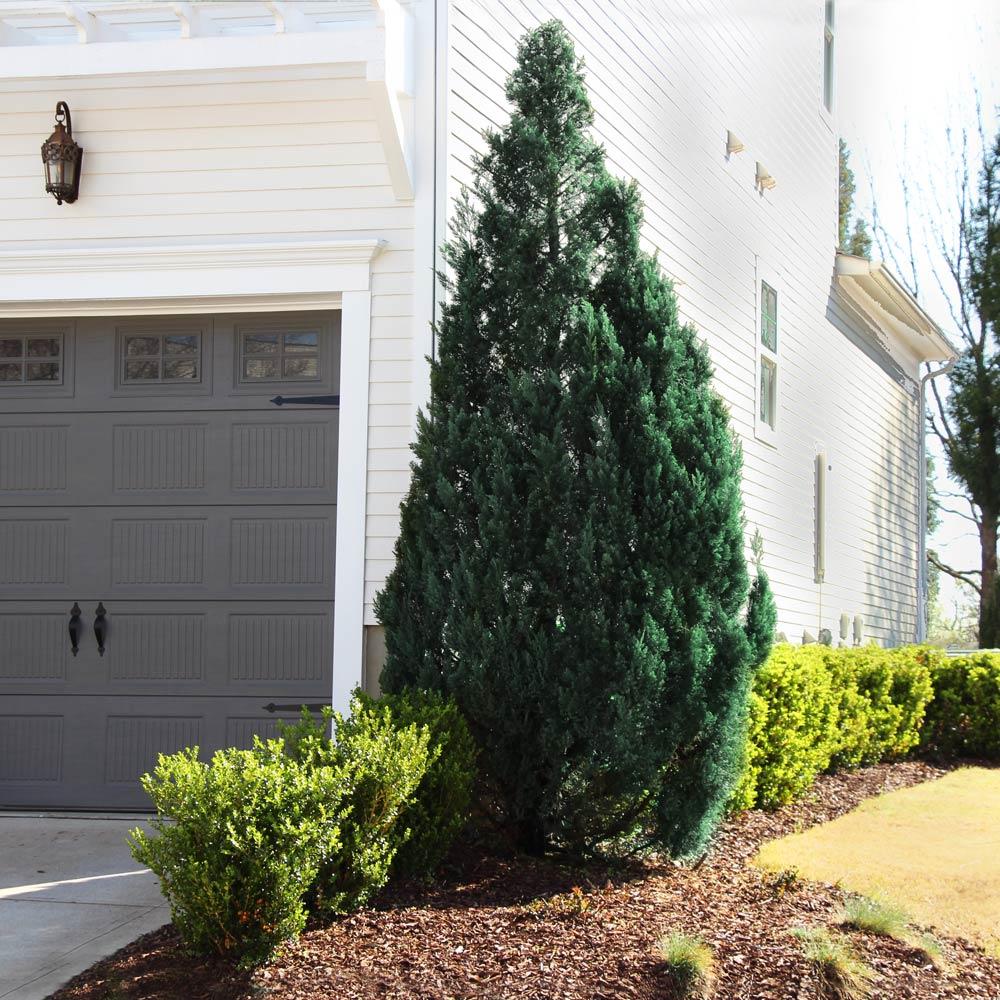
Blue Point Juniper
27 reviewsStarting at $77.95Buy 1, Get 1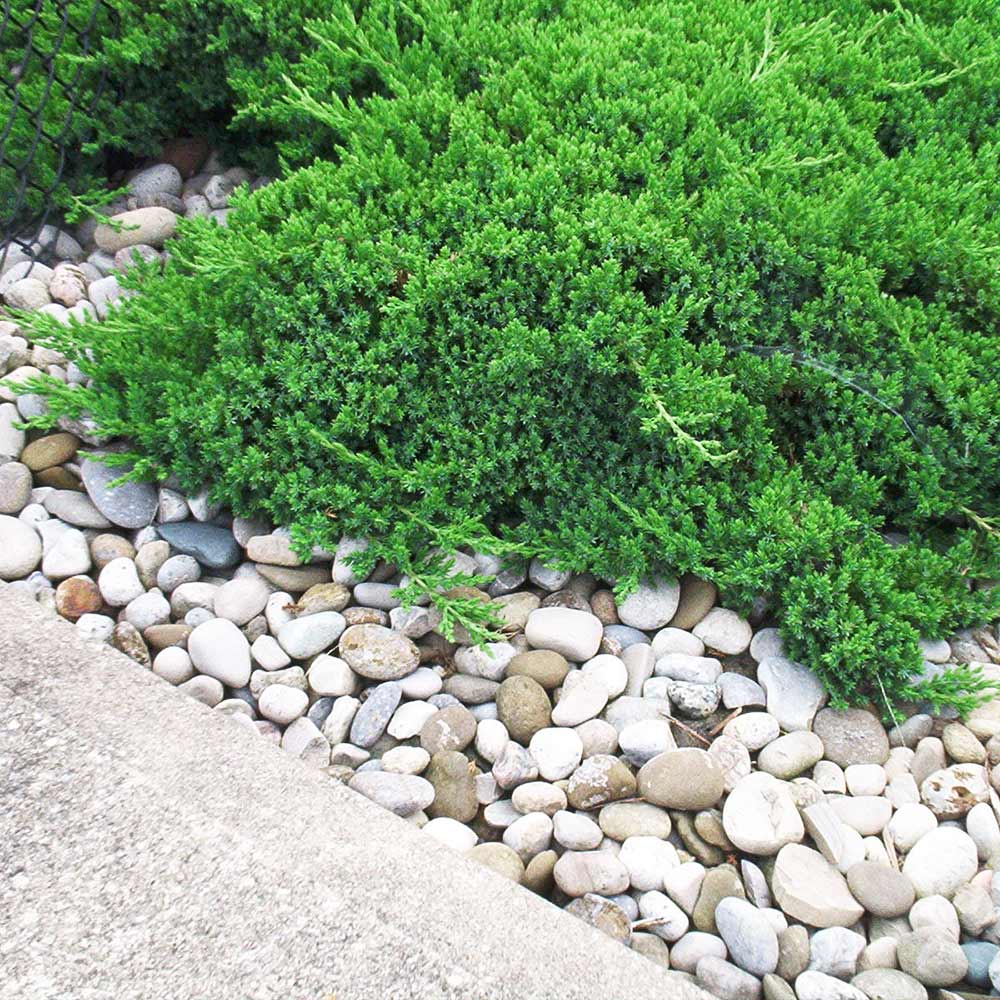
Parson’s Juniper
5 reviewsStarting at $43.95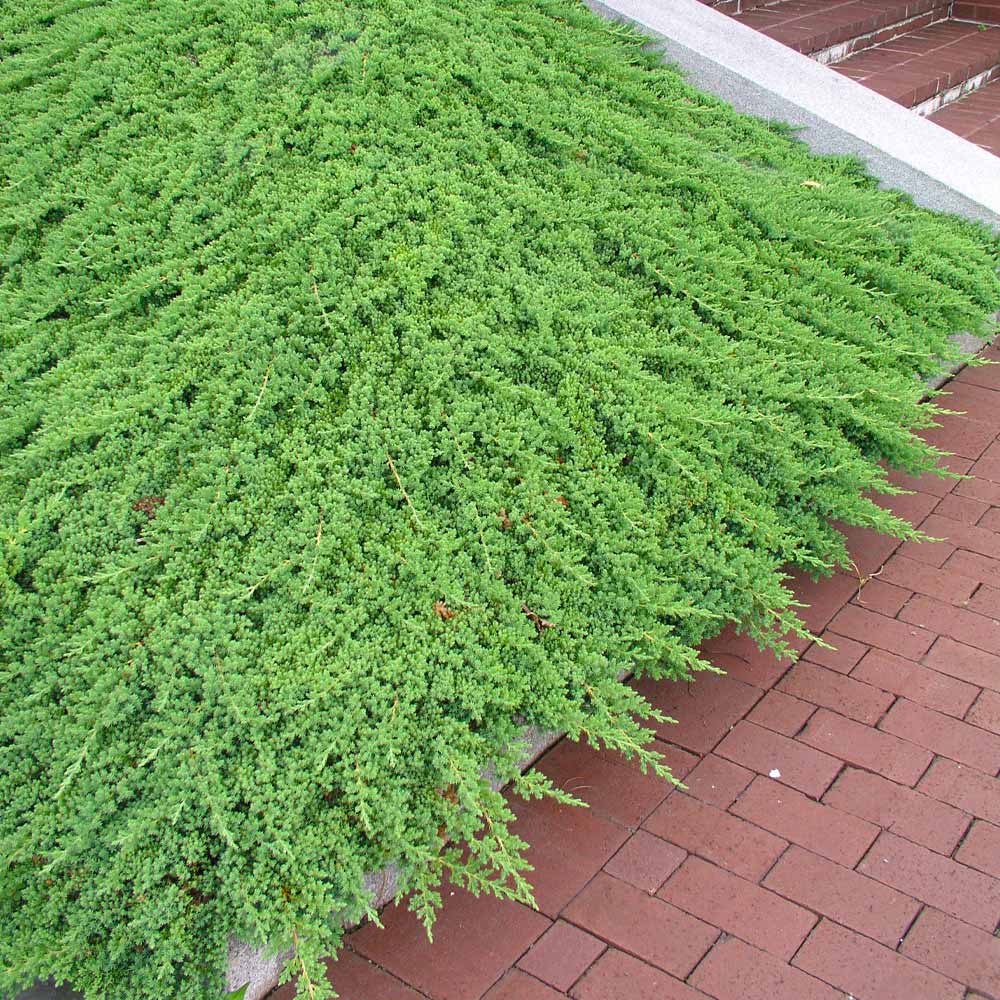
Green Mound Juniper
13 reviewsStarting at $70.95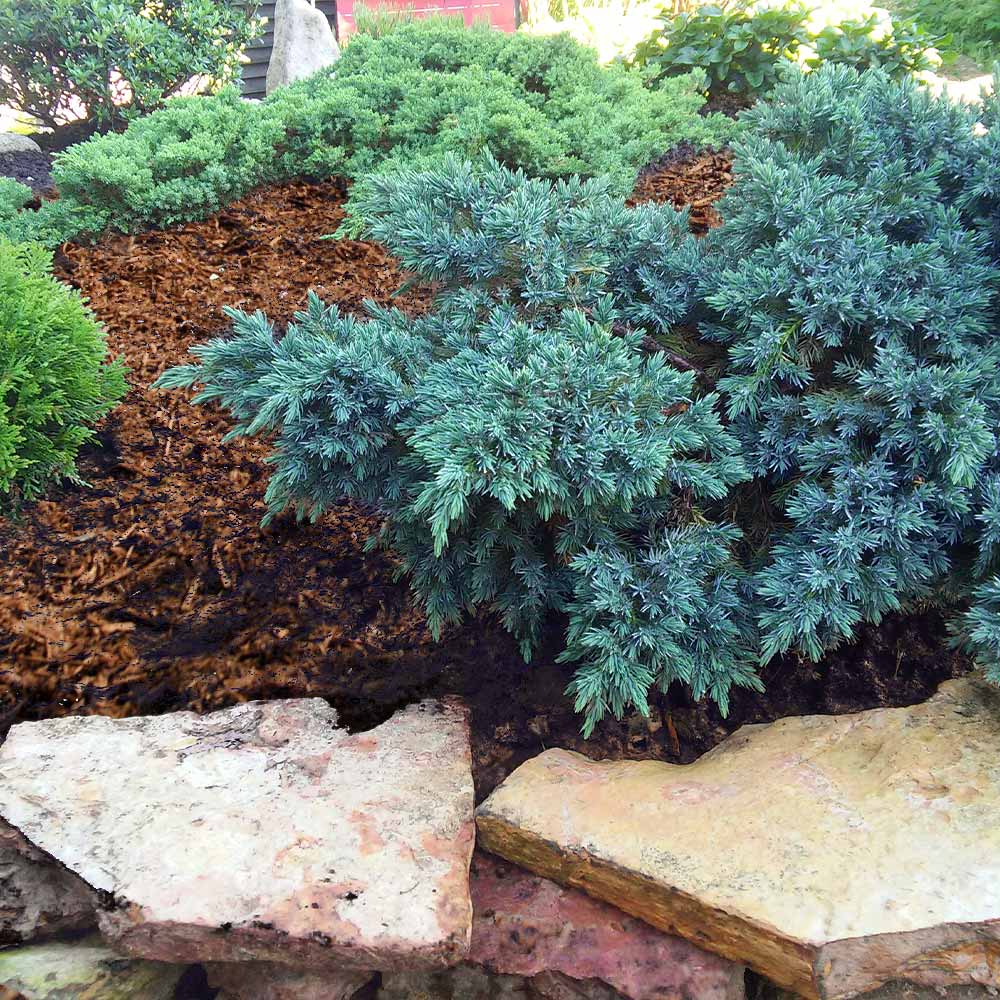
Blue Star Juniper Shrub
16 reviewsStarting at $60.95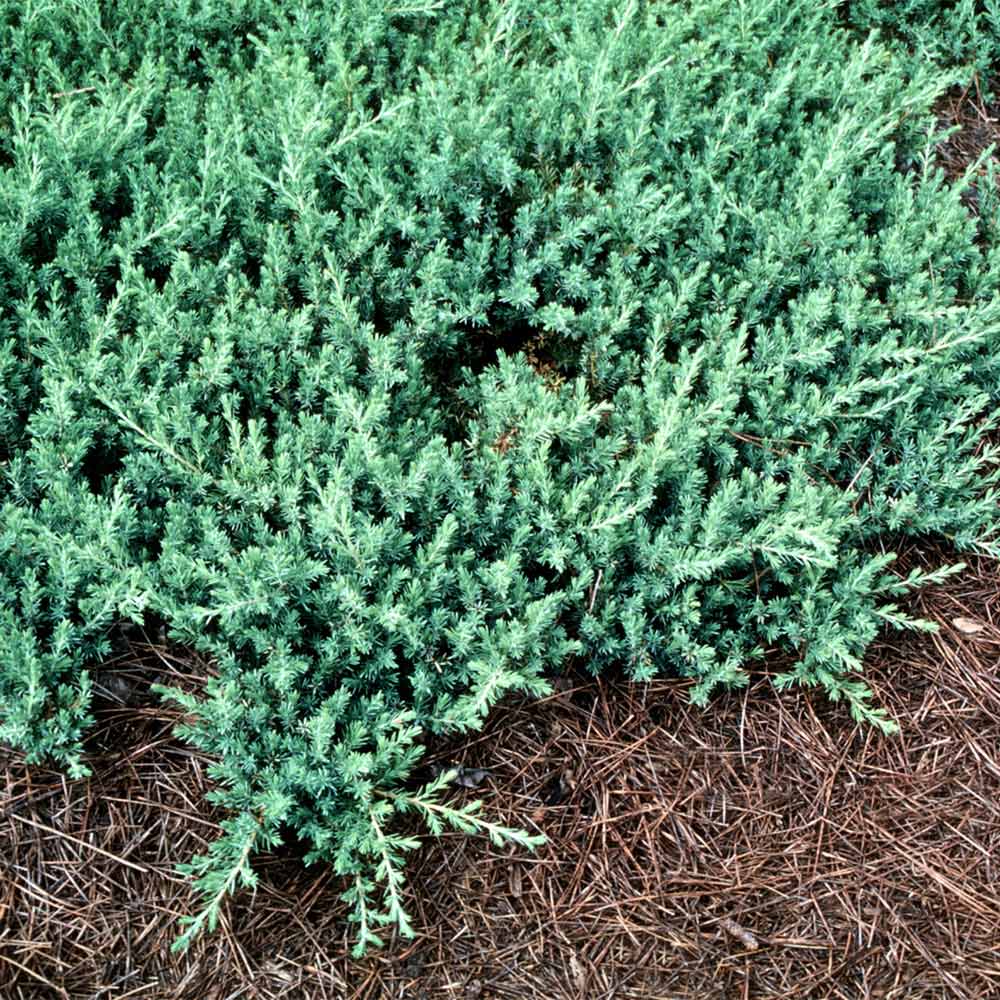
Blue Pacific Juniper
5 reviewsStarting at $74.95
Hollywood Juniper Tree
46 reviewsStarting at $199.95
Medora Juniper
Starting at $55.95
Moffat Blue Juniper
Starting at $109.95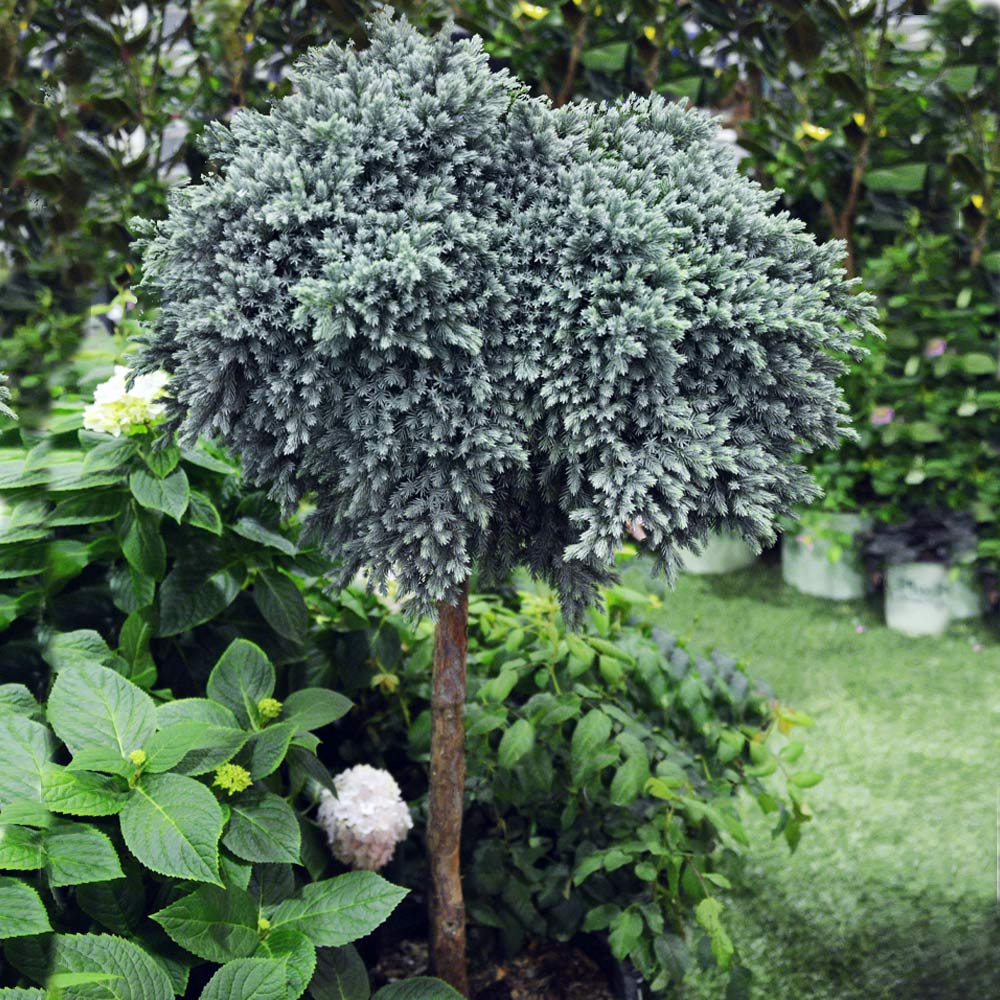
Blue Star Juniper Tree
5 reviewsStarting at $409.95
Brodie Eastern Red Cedar Tree
37 reviewsSold Out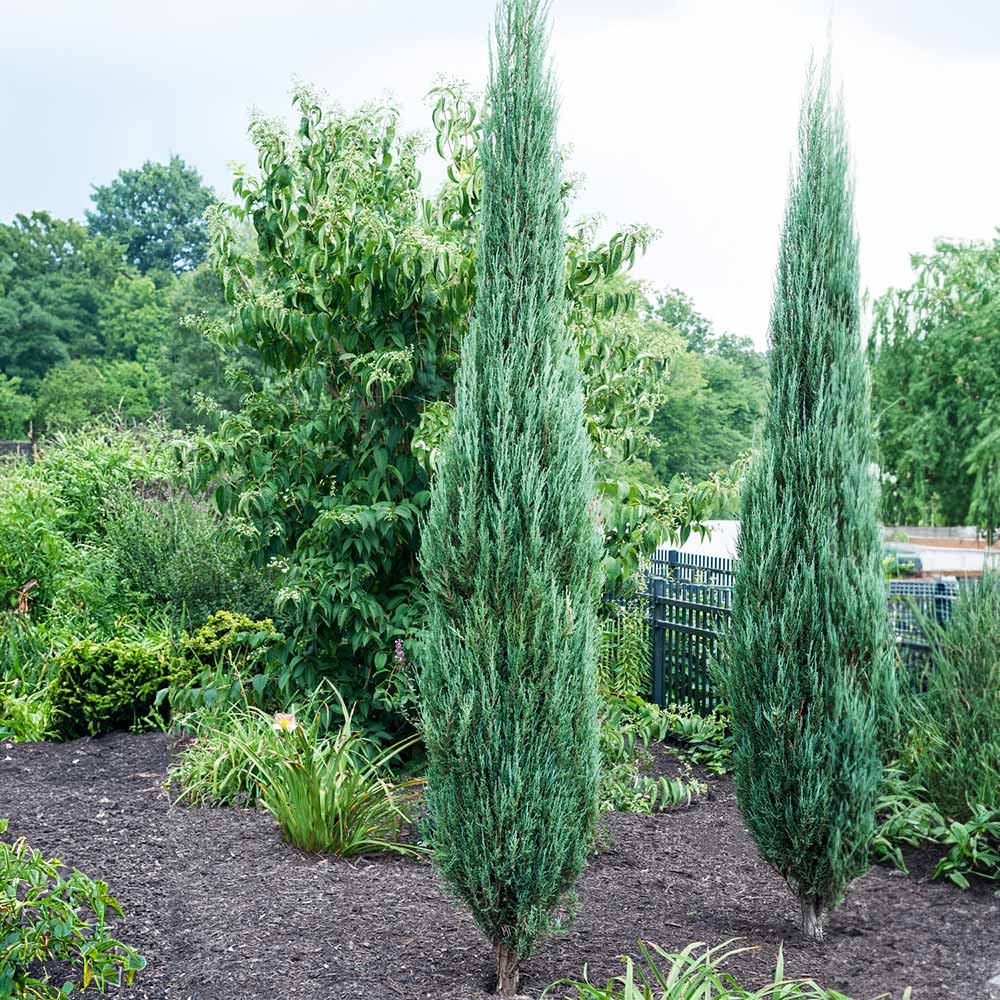
Blue Arrow Juniper
1 reviewsSold Out
Junipers are some of the most popular landscaping plants in existence, and it’s easy to see why. They’re drought-tolerant and practically take care of themselves—to say nothing of their rich green foliage and year-round interest. If you want to add some green to your home garden, look no further.
Juniper Bush & Shrub Varieties
Blue Point Juniper: Perfect for privacy screens and stately lawns, Blue Point Juniper boasts glowing blue-green foliage on a broad, pyramidal form. It’s a tough, low-maintenance classic that offers year-round interest.
1. Hardiness: USDA zones 4 to 9
2. Size: 4-12 feet tall x 2-8 feet wide
3. Growth rate: Moderate
4. Sunlight: Full sun
5. What makes Blue Point Juniper unique:
a) Blue-green foliage.
b) Easy to grow and care for.
Gold Cone Juniper: Emerging bright gold in the spring, this juniper shrub’s needles slowly transition to blue-green in winter. It is an upright, narrow evergreen that’s a favorite of gardeners with small spaces. As are most junipers, Cold Cone Junipers are easy to care for and require no pruning.
1. Hardiness: USDA zones 4 to 7
2. Size: 1-2 feet tall x 1-2 feet wide
3. Growth rate: Slow
4. Sunlight: Full sun
5. What makes Gold Cone Juniper unique:
a) Bright yellow needles in the springtime.
b) Narrow shape.
Skyrocket Juniper: A narrow juniper, Skyrockets are versatile favorites among gardeners who love dense greenery but have limited space. This fast-grower can sprout up a foot or more in a single year.

1. Hardiness: USDA zones 4 to 9
2. Size: 15 feet tall x 2-3 feet wide
3. Growth rate: Fast
4. Sunlight: Full sun
5. What makes Skyrocket Juniper unique:
a) Fast growing.
b) Virtually maintenance-free.
Want to see more juniper shrub varieties? Check out our juniper shrubs for sale. We also offer white flowering shrubs for home gardening who want to add a pop of color to their landscape.
Juniper Shrub & Bush Care
When to plant: The best time to plant your juniper bush varieties is in the spring or early fall. Planting during these seasons allows junipers to establish their root systems before environmental stressors like summer heat or winter cold.
Where to plant: Junipers are cold hardy in USDA zones 2 through 7, which accounts for most of the country outside of the Deep South, West Coast, and regions that experience extreme cold and heat. There are also more heat-tolerant varieties, such as Blue Point Juniper.
Sunlight: This is a sun-loving plant that does best with at least 6 hours of direct sunlight daily. They tolerate partial shade but will likely be less compact as a result.
Soil: Junipers thrive in well-draining soil with a neutral pH. They can tolerate a variety of soil types, including sandy, loamy, or clay soils, as long as they are not overly compacted or prone to waterlogging.
Water: Junipers are drought-tolerant plants that require minimal watering once established. However, newly planted junipers should be watered regularly (twice weekly) to help establish a strong root system. Junipers are susceptible to root rot, so it's essential to let the soil dry out slightly before watering.
Pruning: Generally, junipers don’t need pruning. You can trim them back annually to keep their shape if needed. The best time to prune is early spring before new growth starts.
Common Questions About Junipers
Why are parts of my juniper turning brown?
There are a variety of reasons why your juniper is turning brown, including disease, pests, environmental stress, excessive salt in the soil, and even natural processes. The most likely problem is overwatering.
Are junipers deer resistant?
Yes. Deer will typically avoid eating juniper because of the plant's prickly foliage, bitter taste, and strong aroma.
Do Junipers have deep roots?
Mature junipers in the wild have a deep and extensive network of roots that can go as deep as the plant is tall. Mature irrigated junipers will have a much shallower but still extensive root system.
More Juniper Resources
Evergreen Trees: Everything You Ever Wanted to Know
Mini Makeover: Morgan’s Fresh Front-Of-House